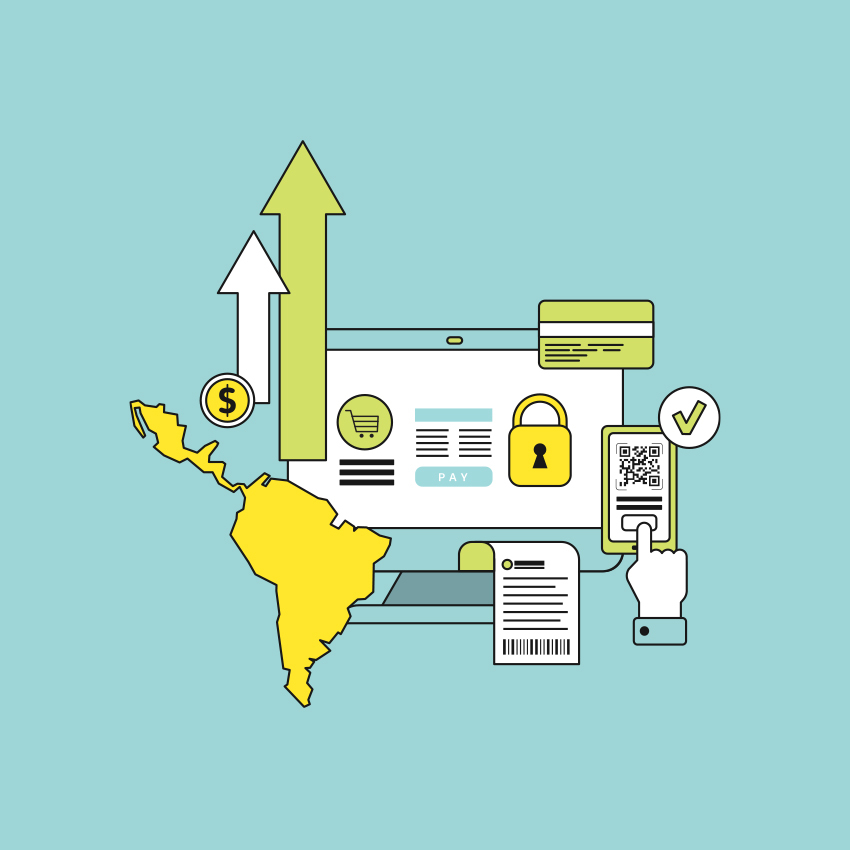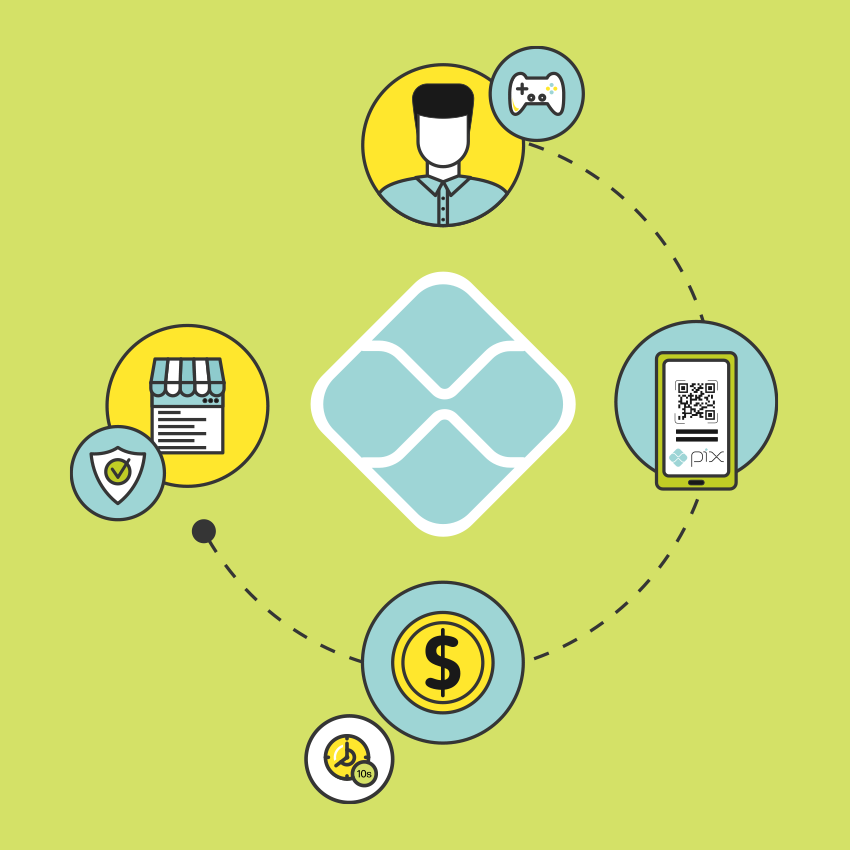As the Covid-19 pandemic brought about a sudden shift in consumption habits and turned millions of people into online shoppers, e-commerce has been experiencing an extraordinary boost: more users, more sales and more transactions. In addition, there was increasing investment in improving platforms, integrating local and alternative payments, and, also, in customer assistance and conflict management.
However, due to both some users’ lack of experience and higher volume of fraud attempts, fraudulent behavior has increased and the need to deal with chargebacks has become urgent.
With that in mind, we will clarify in this article what chargebacks are, what is the impact of them on e-commerce, as well as the difference between legitimate chargebacks and fraudulent ones and the ways in which the company can protect itself from scams. Check it out!
Chargebacks and their impact on e-commerce
A chargeback is defined as the return of the amount spent on a payment or purchase made with a debit or credit card, and is necessary when the cardholder informs the bank, or the card issuer, of one of the following situations:
- unauthorized use of your card, therefore, non-recognition of the transaction;
- delay or failure to deliver the product;
- defect or non-matching of the product;
- non-compliance of the transaction with legal terms.
After verifying that the cardholder's claim is legitimate, the bank or card issuer returns the transaction amount to the cardholder and debits the merchant for payment, charging an additional fee.
Therefore, chargebacks play a decisive role in building trusting relationships with customers and providing good shopping experiences. But when they occur consistently, chargebacks have a negative impact on both the company's finances and its relationship with financial institutions, they are:
- loss of product value;
- no-return investment in resources to verify and dispute the chargeback;
- fees and fines;
- merchant account loss if chargeback rate is too high.
While the underlying purpose of the chargeback is to safeguard the interests of consumers, the fact is that a portion of buyers can take advantage of this legal procedure to obtain products and services without paying for them. This is quite negative, since it generates losses for the supplier company, which becomes a victim of a fraudulent act.
The difference between legitimate chargeback and frauds
It is essential for companies to be able to distinguish the difference between legitimate chargebacks and fraud attempts to understand the risks to which they are exposed. Therefore, we are going to explain the most common types of fraud and, consequently, help you to keep your business safe and free from the interference of malicious people. Check it out below:
Automatic fraud, friendly fraud or family fraud
Also called accidental fraud, it is considered the result of a misunderstanding and happens when one of the following occurs:
- a family member makes a purchase using the debit/credit card without the cardholder's knowledge;
- the cardholder forgets they made a purchase;
- the cardholder forgets that they authorized a recurring payment, such as a subscription;
- the cardholder did not understand the legal terms and conditions of the purchase, i.e. the merchant's return policy.
Chargeback fraud
Chargeback fraud occurs when someone makes a purchase, keeps the product, but asks for a refund, falsely claiming that it doesn't match the retailer's description or that a third party misused the card.
Effective fraud
Of a more serious and complex nature, effective fraud involves a crime: criminals make online purchases with stolen cards, whether they are in physical possession of the card or have unauthorized access to the cardholder's personal data.
Phishing
One of the biggest threats to electronic transactions and, consequently, to e-commerce is the illegal obtaining of confidential data from companies and consumers for criminal purposes.
Awareness of these scenarios will allow merchants to develop strategies to minimize them and improve trust with their customers.
How to strengthen your payments strategy
As a specialist in online payments, BoaCompra by PagSeguro offers its business partners a set of unique advantages that allow companies to create reliable business relationships and good shopping experiences.
Merchants processing local payments with our Payment Processing solution can use our BoaCompra Refund API, which helps avoid chargeback disputes by offering refunds in an integrated solution where all the processes are done automatically with the customer. Supporting total or partial refunds, the API guarantees a better process for both merchants and end-users.
Certified with the latest security and PCI compliance requirements, we also count on expert risk analysis, based on machine learning, which helps ensure the security and integrity of processed payments.
As we have seen, when coming from fraudulent intents, chargebacks can be very harmful to the financial health of the company, as well as to its credibility with the customer. However, with the aforementioned strategies, it is possible to be protected against chargeback fraud and various other types of malicious transactions.
In addition, it is worth counting on partner companies that are specialists in online payments and e-commerce, such as BoaCompra, and ensure that transactions are carried out in an optimized and preventive way, promoting the best possible experience for everyone involved in the acquisition process.
So, are you interested in having an expert on the subject? Contact us by clicking below and learn more about how we can help you boost sales with security and strategy in Latin America:





